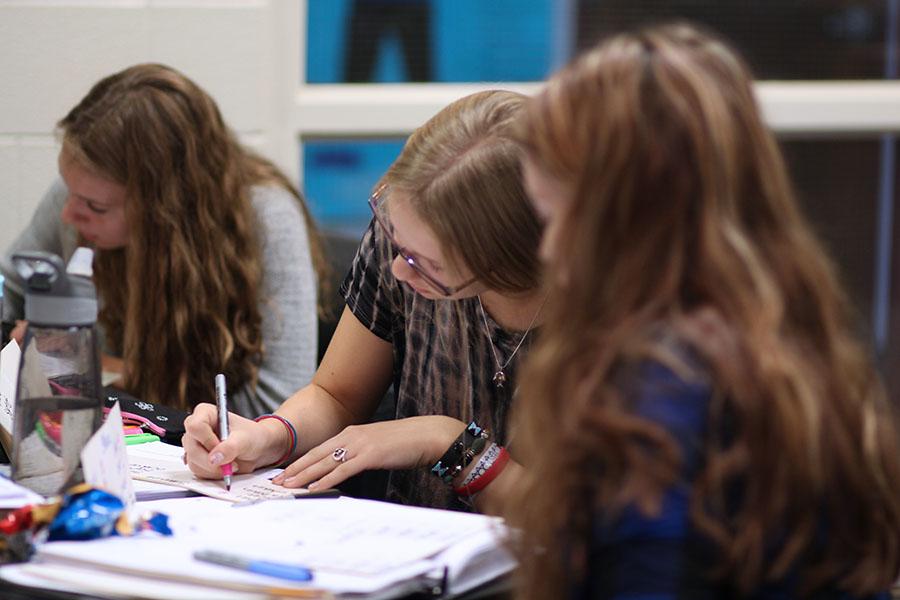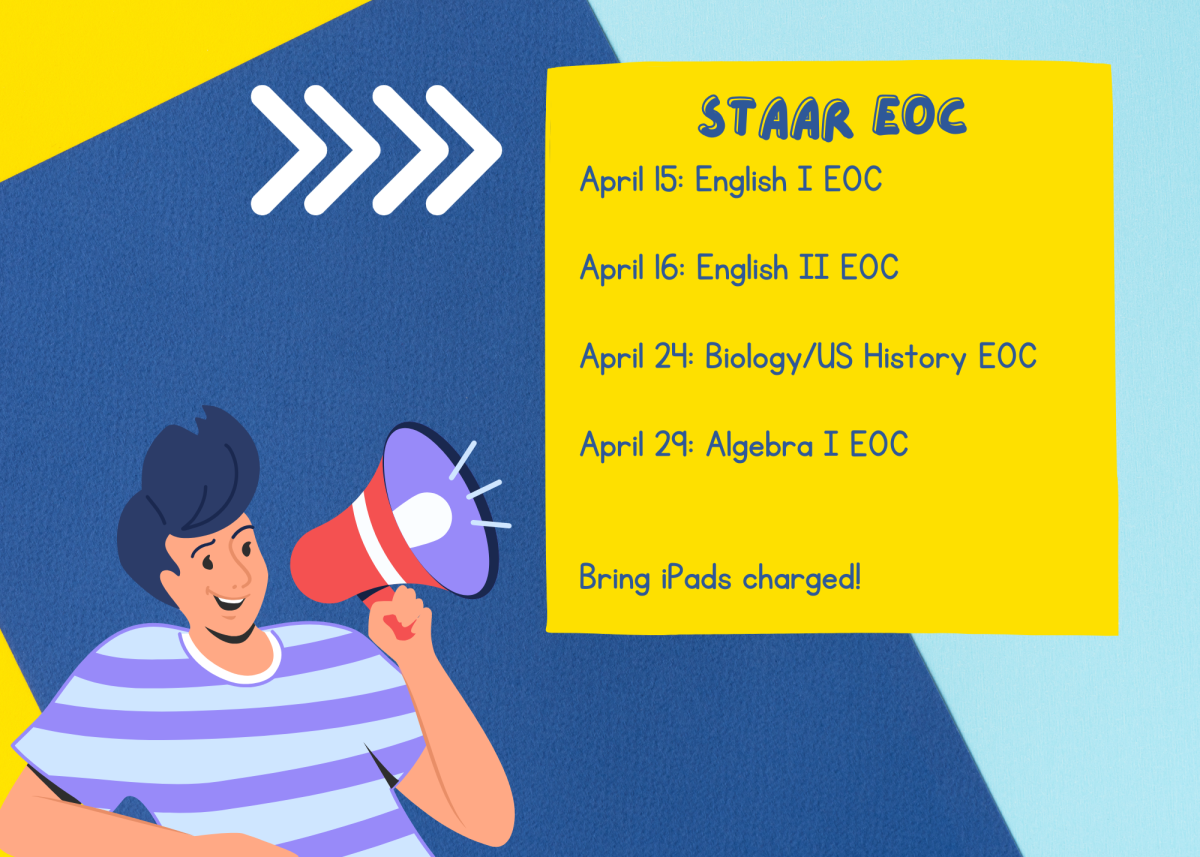The Texas Education Agency will release official ratings from the A-F Accountability System for all schools and districts for the first time in August 2018. Four sample ratings were disclosed on Friday, January 6 in four different domains for districts across the state.
“The impact remains to be seen, based on how the public reacts to this type of school ‘grading,’” principal Valerie Payne said. “However, my hope is that one of the major impacts might be improved instruction that leads to enhanced student performance.”
The high school received hypothetical scores of two B’s, a C, and a D according to the new rating system. The scoring is based on overall performance and fulfillment in student achievement, student progress, closing performance gaps, postsecondary readiness and community and student engagement (which was not included in the theoretical ratings released Friday).
“The grades we earned in student progress were not good, but everything else was at the least at par,” junior Peyton Pascual said.
The grades were determined largely by past STAAR test scores. Many groups have expressed disapproval of the new rating system as a result of the scores being limited to one day of standardized testing and a letter grade of C on the scale being considered a “good” rating.
“I feel that these types of arbitrary scores do not represent the hard work and ability that our students have achieved,” career and technology instructor Neda Morrow said. “It seems to me that this type of system unfairly punishes poor districts and misinforms the public as to the true gains that districts are making.”
Though some are displeased with the new system of rating our schools and districts, others are hopeful for what opportunities it may provide or lead to in the future.
“There will always be an accountability system, as there should be, to hold schools accountable in the education of students in their district,” science teacher Duane Walton said. “I hope one can be developed that is fair and understandable to educators, parents and the public.”


















